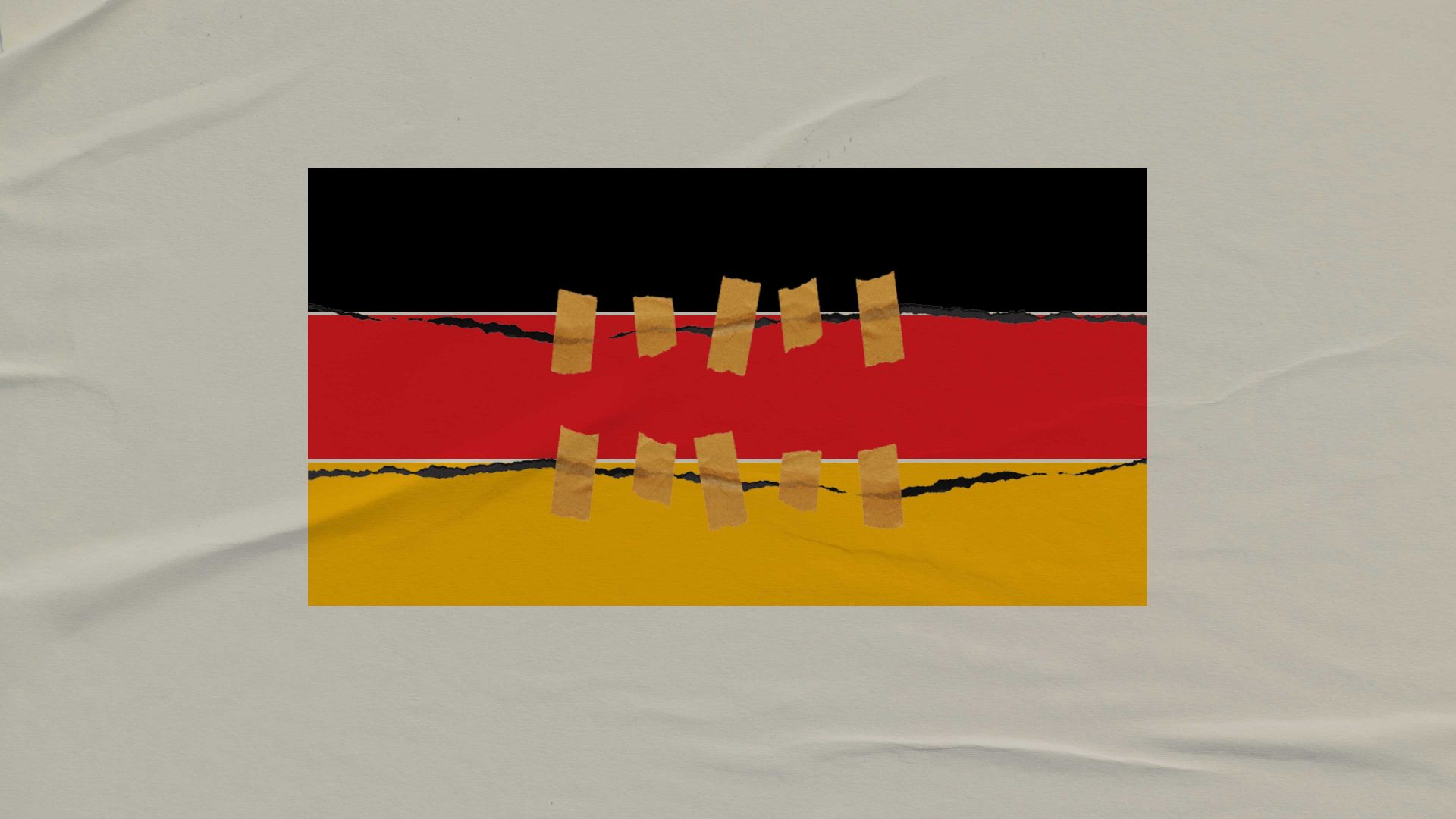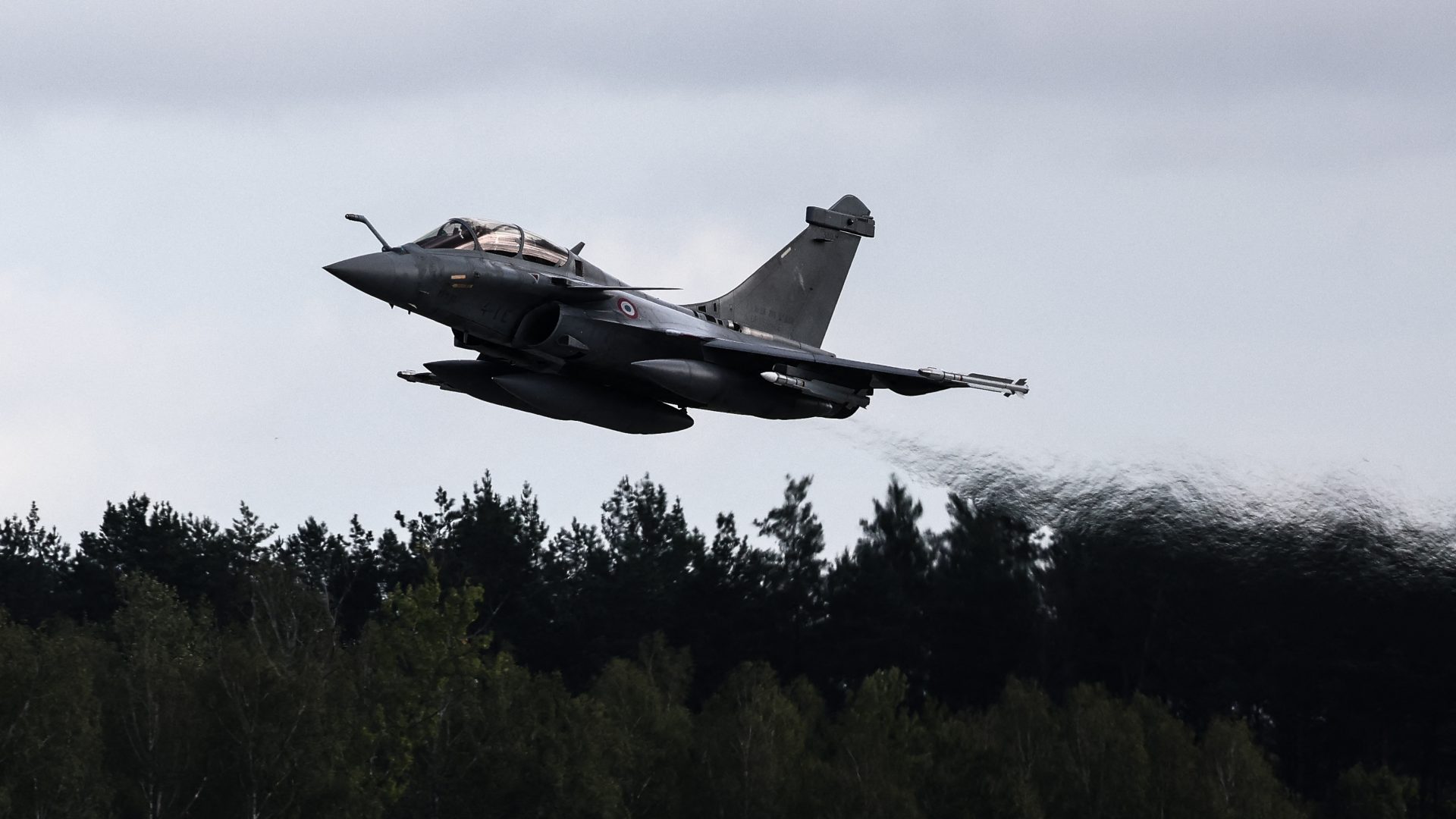It’s that time of the year: German Unity Day on October 3. So, 35 years into reunification, where are we at?
Back then, Willy Brandt’s famous words “What belongs together will now grow together again” were seen as the only possible outcome. The assumption in western politics, academia, media and society was that once economic conditions converge, differences in culture, social structures and political leanings will disappear.
Not quite true. Complete bs, in fact, because it overlooked issues such as: 40 years behind the iron curtain; socialist indoctrination; no freedom of travel, speech or the arts; brain drain and persecution; and mistrust in the state, courtesy of this same state mistrusting its citizens.
In addition, after the courageous and peaceful 1989 revolution, there was trauma. Loss of jobs and confidence. Fear of a future that used to be all planned. And being confronted with “the West knows best“ looking down upon East German life achievements – or at least that was how it was perceived.
How anyone (including myself) could have believed this would all be smoothed over if people only had jobs and the means to buy fancy electronic equipment and plane tickets to Spain is (by now) totally beyond me.
The new generation in today’s east and west Germany only know about German separation from hearsay. And yet, where you come from makes a difference. I recently interviewed a law student. On her CV, I saw she was interning at a fancy Frankfurt law firm. “Are you having a good time?” I asked, curious whether she’d been given proper tasks or was just expected to make the coffee.
She smiled and said, yes, she learned a lot – but that the associates would slag her off as an Ossi (someone from the east). She was from Saxony. And her parents were Vietnamese, which made the whole thing even more absurd.
Economic growth in the east has picked up (or rather: is low everywhere in Germany). Unemployment is only slightly higher than in the west and in surveys, a majority of east Germans say they are satisfied with their personal lives. Almost two-thirds, however, say they feel like second-class citizens.
In his book Ungleich vereint (Unified Unequally), the sociologist Steffen Mau from Berlin’s Humboldt University addresses this sentiment. His explanation: “asymmetrical preconditions for reunification” have developed into “persistent inequalities.”
And that’s not just the distribution of tennis and golf clubs on a map of Germany (which will show you exactly where the border used to be). Top earners in the west make almost twice as much as those in the east. East German wages are still almost 30% below those in western Germany. And in the west, nine times as much taxable wealth is inherited or gifted than in the east.
More to his point, nine out of 10 elite positions are still filled with Wessis. Only 4% of leading business figures were born in the east, as were only 8% of leading media figures and only 2% of judges – despite the east accounting for 20% of the population.
Former federal minister Thomas de Maizière (CDU), whose eastern cousin Lothar was the last and only democratically elected GDR prime minister, once told me that his generation of west Germans had completely underestimated the bias by which people hire applicants with shared backgrounds.
Because expectations were so high – on both sides – it is now so easy for extremists to take advantage of the disappointment and for others, in the west, to “give up” on what they see as the ever dissatisfied east.
And here’s why the sociologist’s view is compelling. Instead of waiting for the east to reach a western mindset, Mau proposes relaxed optimism and an acceptance that there are differences that will not subside. We’re living in a “separated unity”, which doesn’t mean society is divided, though. Just different. His proposal: focus on problem solving.
So for instance, instead of complaining about the lack of centrist party support in the east, come to terms with easterners being sceptics. We should also understand that they are big fans of direct democracy. Maybe citizens’ councils could meet that need.
In the long run, that’s sound advice. In the short run, however, a state election in Saxony Anhalt is already looming in a year’s time – with AfD leading the polls.




